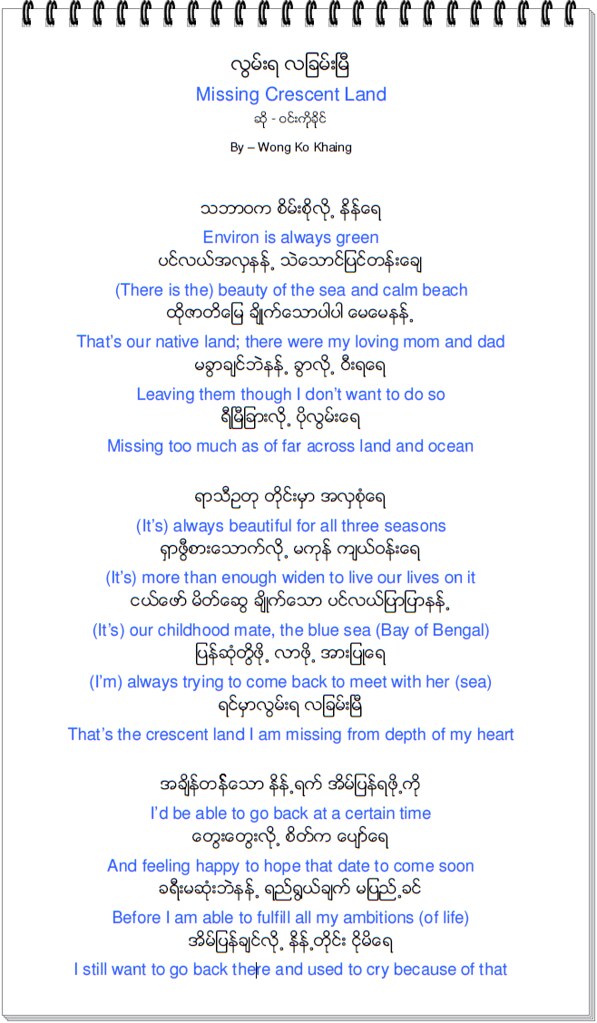
The Paperback of the The 250 Job Interview Questions: You'll Most Likely Be Asked.and the Answers That Will Get You Hired! By Peter Veruki, Peter Venki. Career Bureau. Career counseling. 'How to Stand Out from the Crowd Congratulations on landing the interview!' 'Common job interview questions-What are they looking for and what to include. Here are 35 most common interview questions and what you should consider while answering them. Practice before your interview, you’ll be more prepared and confident with your answers. All the best for your next job interview! Millennial career expert Sarah Landrum is a freelance writer and the founder of Punched Clocks.
Related Articles
- 1 Interview a Business Process Analyst
- 2 Webmaster Interview Questions
- 3 Ace an Analyst Interview
- 4 Senior Business Analyst Interview Questions
Many small businesses rely on the skills of systems analysts, who report to the information systems, or IS, department; the program management office; or a business unit they support. Because of the relationship between analysts and the IS and business units, the analysts become experts in both systems development and business processes, such as purchasing or sales. To hire a senior systems analyst, a hiring manager must evaluate an applicant's technical and analytical skills in terms of what his company expects of a senior staff member. Take into consideration the applicant's training and education; her former project roles; and the number and types of projects, technologies and applications she has supported. Also important is her ability to manage teams, and work effectively with technical and functional personnel.
Technical Skills
A senior systems analyst must produce technical solutions to business problems and understand the solutions proposed by others. The analyst must also present and effectively explain solutions she proposes in both technical and business terms. To determine whether a candidate can propose or analyze system solutions without seeming condescending, critical or dismissive, you may ask, “Will you describe a time you persuaded a user group to accept a particular technical solution?” In turn, her response to the question, “What systems and applications do you know?” will suggest any critical skill the candidate lacks, such as working with an enterprise resource planning system.
Interpersonal Skills
Systems development is a team effort usually managed on a project basis. Consequently, working well with team members, including programmers, IS managers and business function experts, is critical. Such teamwork requires an acceptance of diversity, the willingness to adopt new ideas, the management of expectations and the commitment to develop good solutions to address business problems. “Describe a time that your team overcame project obstacles and achieved a good outcome” and “What do you most dislike about working on a team?” are questions that allow the analyst to describe her work experience, which will help you determine whether she recognizes and understands the contributions of others, and the need to support others.
Management Skills
Senior systems analysts must communicate clearly with team members and respect the contributions of others. The analyst must also be accountable for the team's contributions and place team goals above personal goals. She must be capable of forming teams, guiding work units and creating feasible work schedules. Equally important, the senior analyst should be able to monitor team progress against a schedule, and coordinate project work with internal and external business partners, such as business managers and end users. “Tell me about a project you managed” and “Describe a mistake you made when leading a team” gives the applicant a chance to discuss her managerial skills and her willingness to be accountable.
Analytical Skills
A senior systems analyst should be comfortable working with ambiguous and complex information. She must also support team members’ efforts to analyze particular aspects of systems to be maintained or developed, and tae on other team roles when necessary. The statements “Tell me about a project you saw through, despite obstacles” or “Describe a time you tackled a particularly tough assignment' provide the candidate an opportunity to describe situations in which she or her team effectively analyzed business problems and identified appropriate technical solutions.
References (1)
About the Author
Billie Nordmeyer works as a consultant advising small businesses and Fortune 500 companies on performance improvement initiatives, as well as SAP software selection and implementation. During her career, she has published business and technology-based articles and texts. Nordmeyer holds a Bachelor of Science in accounting, a Master of Arts in international management and a Master of Business Administration in finance.
Cite this ArticleChoose Citation Style

The typical job interview includes many activities and situations most introverts could live without, including handshakes and introductory greetings, being the center of attention, getting peppered with interview questions, thinking while they're talking and tooting their own horn. An interview is, in essence, a few hours or even an entire day of being on -- with a job at stake.
If you're an introvert, you're probably never going to enjoy interviews, but you certainly won't be able to avoid them either. That's why you need to learn how to prepare for interviews with your introvert strengths and tendencies in mind.
Before the Interview

In the days leading up to your interview, you've got to 'practice, practice, practice,' stresses Marti Olsen Laney, PhD, author of The Introvert Advantage: How to Thrive in an Extrovert World.
You're probably already aware of the most important thing to prepare for: responding to questions you might be asked during the interview itself. But go beyond mere rehearsing. Tap your natural propensity to gather and digest detailed information, so you become an expert on both the person you'll be talking to and the organization, says introversion expert Nancy Ancowitz.
'Research like mad,' says Ancowitz, a consultant who coaches introverts on self-promotion and communication strategies. 'Google everyone you'll be meeting with, go to libraries -- knock yourself out. Find out where [the interviewer] went to school, what organizations they belong to, their quotes in the press, etc. Learn as much as you can about the organization, its management structure, philosophy, products and services, and competitors.'
Putting in this due diligence will give you 'the knowledge advantage, which will help build your confidence,' Ancowitz explains.
On Interview Day
For most introverts, the hardest part of interviewing is the inherent mystery involved in the process and the challenge of dealing with it as it's unfolding.
Rep Louie Gohmert Questions Peter Strzok Smirk
'While it's possible to prepare for an interview and, to a certain degree, predict questions that are likely to be asked and the format to be followed, an introvert still faces that ‘unknown' element in any interview,' says career counselor Pamela Braun. (Author's disclaimer: Braun is my colleague and co-presenter in seminars on the career issues of introverts.)
That's why it's critical for you to minimize every potential surprise you can think of. Here are some ideas:
Gear Up for Small Talk: 'Most introverts will admit to an immediate dislike of chitchat,' Braun says. 'But as we all know, there is that initial period of the interview that involves small talk and getting-to-know-you conversation.' Be ready for it and, if necessary, practice introductory niceties beforehand with a friend or relative.
Know Where You're Going -- Literally: A day or two before your interview, determine exactly where the interview site is and how you'll get there with plenty of time to spare. If you're interviewing locally, practice navigating your way to the site. Peace of mind conserves valuable energy.
Bring Notes and a Portfolio: Take some notes about key points you'd like to make and questions to ask so you don't waste energy worrying you'll forget something. You might even want to develop a career portfolio, a three-ring binder full of evidence of your key skills and achievements, so you have something to lean on as you go through the typically draining process of talking about yourself.
When the interview is over, you'll still be tired, but you'll have a much better chance of getting the call that you've been hired.
Peter Please Answer My Questions Peter Answers
